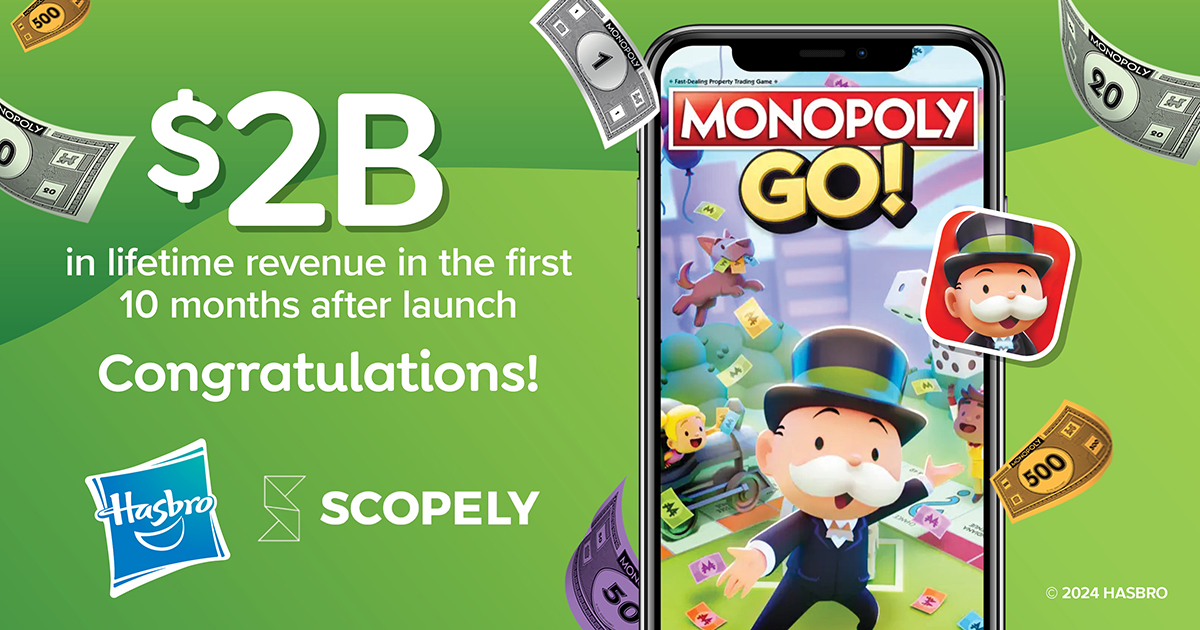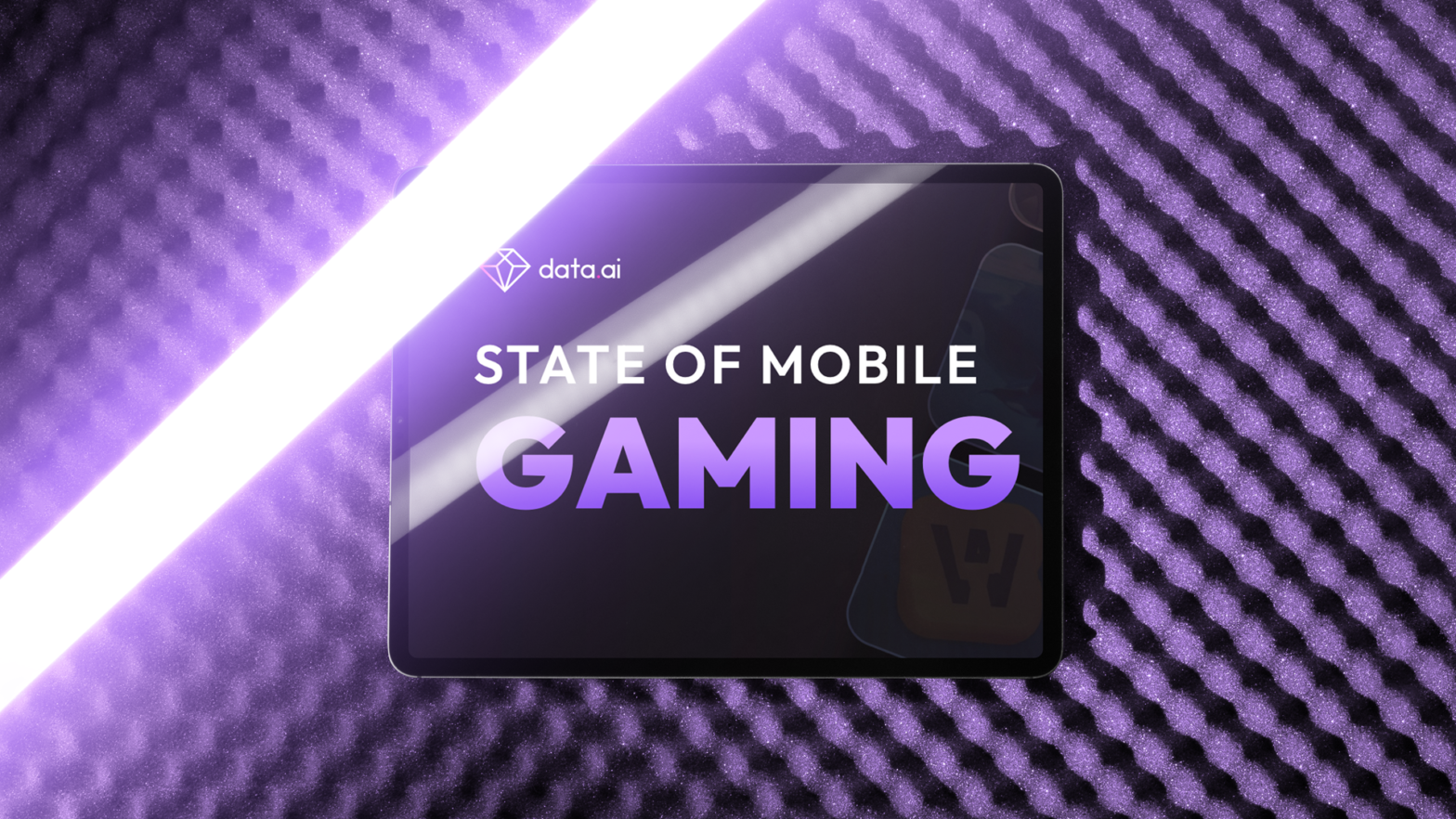The impact of the NFT (Non-Fungible Token) on the game development process is almost impossible to overestimate nowadays. Non-fungible tokens are used everywhere in gamemaking, they are being actively implemented in web3 projects, and now it is safe to assume that in the near future the vast majority of mobile games will be based on blockchain technology. The Tamatem Games team has taken a closer look at this issue.
A side note: Mobile games influenced by social media trends
NFTs are mostly used in the digital world to create their own platforms and be able to sell and monetise their assets. NFTs are precisely these digital assets in blockchain, and so anyone who owns them owns a unique identifier that comes with the token itself. This is the uniqueness of the assets: they belong only to their owner and only he can do various manipulations with them. Thus, any NFT that is created on the blockchain is one-of-a-kind and cannot be replicated or copied. However, tokens can be sold freely, and this has led to an extraordinary surge in the popularity of NFT art these days, with some samples being bought for millions of dollars.
So what is the impact of the NFT on the development of the gaming industry?
In games, there are some sort of digital assets that existed before NFT even existed. They are tied to whatever type of virtual object or character exists in the game. They have always existed, but with the rise of blockchain technology, people have rethought the concept somewhat and there are now new opportunities to invest, interact and monetise with games.
Since NFTs are digital assets that are not replicable, their impact on the development of modern games is growing exponentially. The most obvious way that tokens are influencing the mobile gaming market is that NFTs can now allow gamers to actually own the in-game assets they buy. In turn, there is a whole new way for developers to make money and a new way to monetise games – selling tokens. All sides of the process benefit from this.
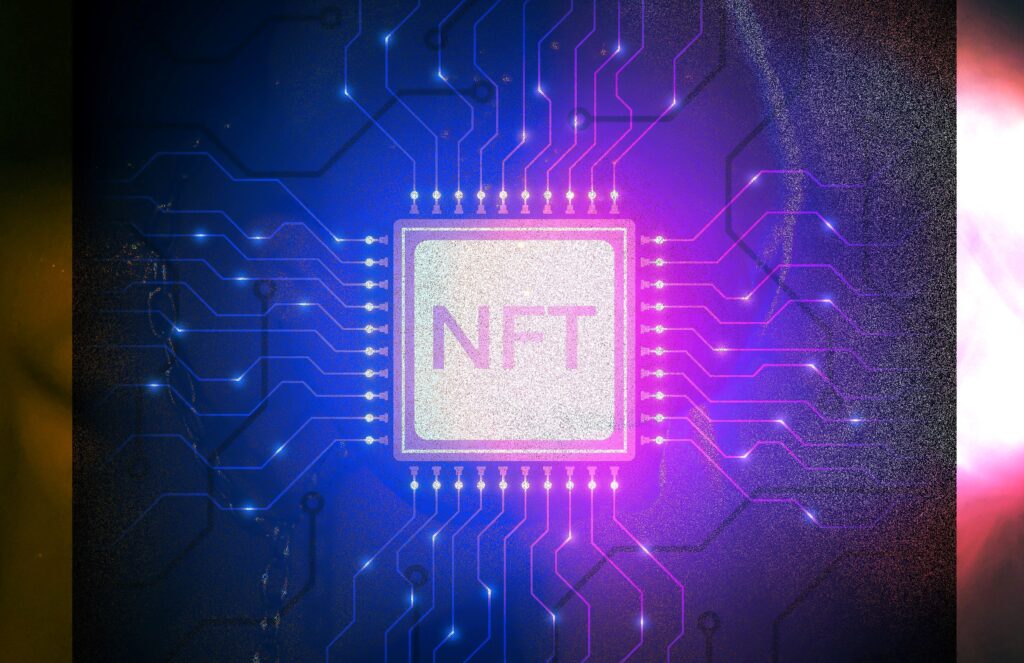
For players, NFT has created an in-game economy, where players can autonomously trade their assets. For developers, NFT technology has provided more opportunities to monetise and create sustainable business models for the games they create.
If you look at it historically, you can actually say that NFT was born in the gaming world, and with the introduction of blockchain technology, digital creators now have the ability to invest and monetise their creations. Blockchain has had a profound impact on our economy, and the world of gaming is no exception with many long-standing digital assets, simply put, NFT and blockchain are changing the traditional gaming ecosystem and opening new doors for gamers and developers alike, opening limitless opportunities for the industry.

800




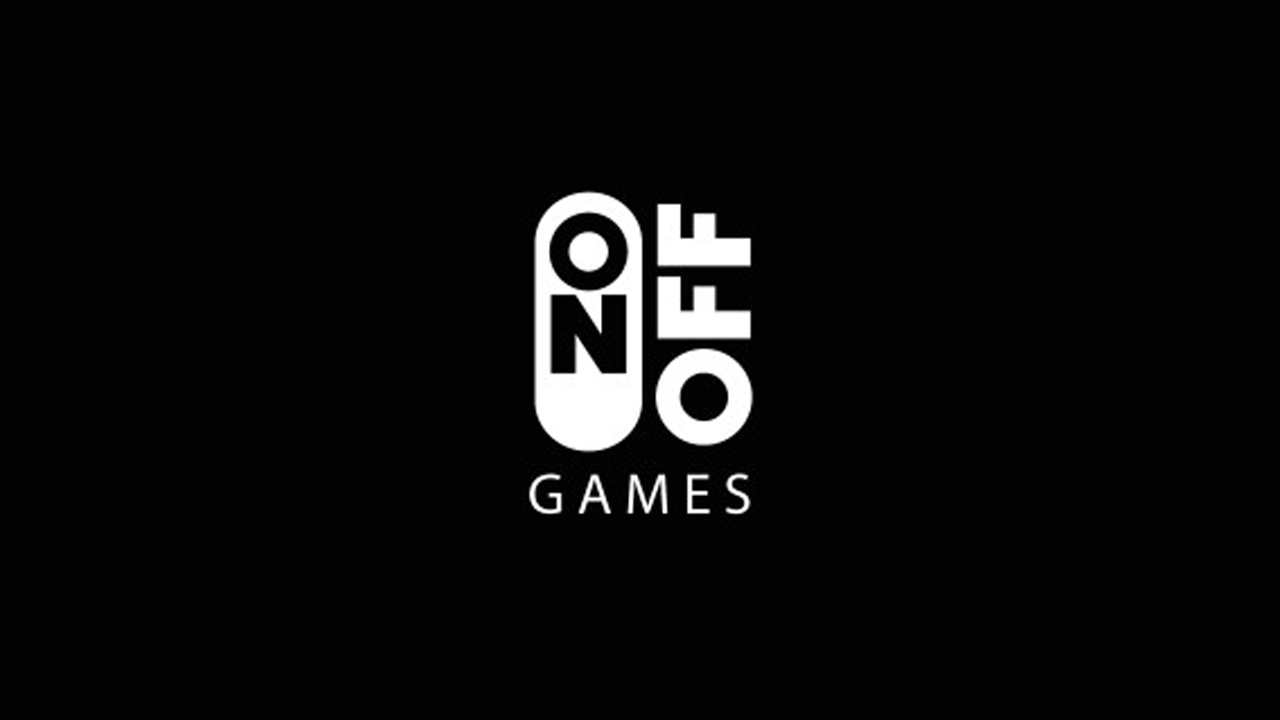
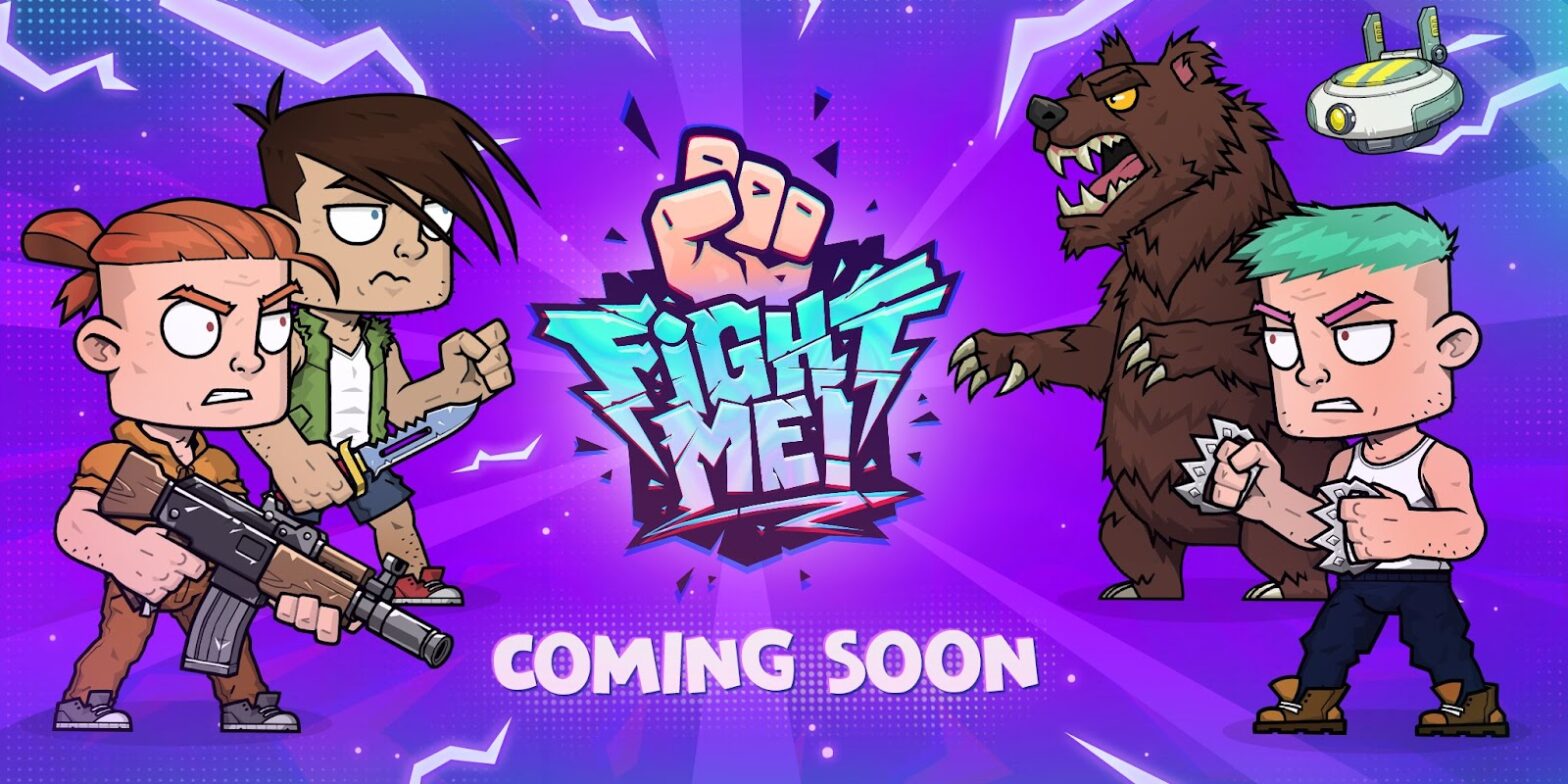
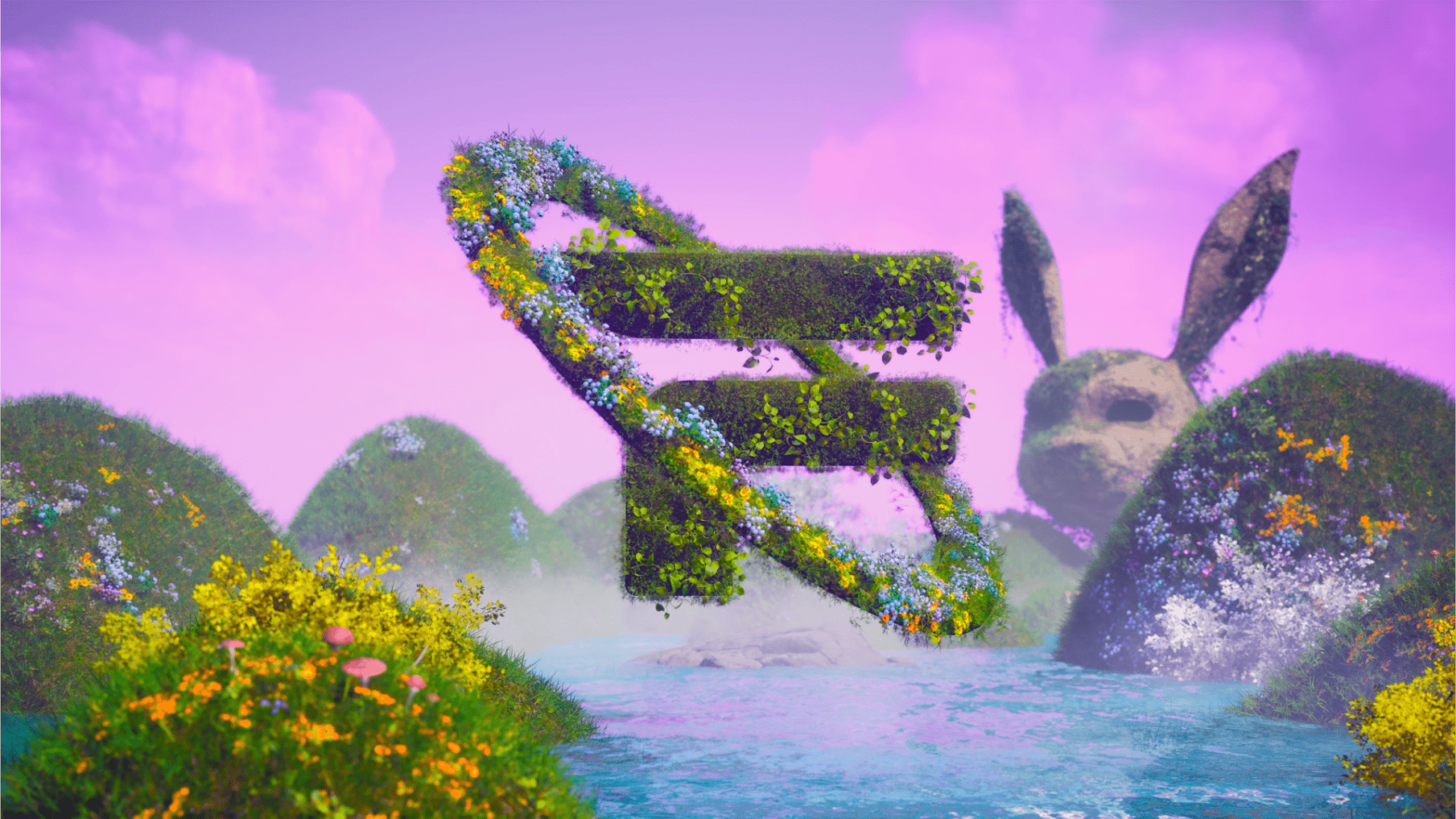
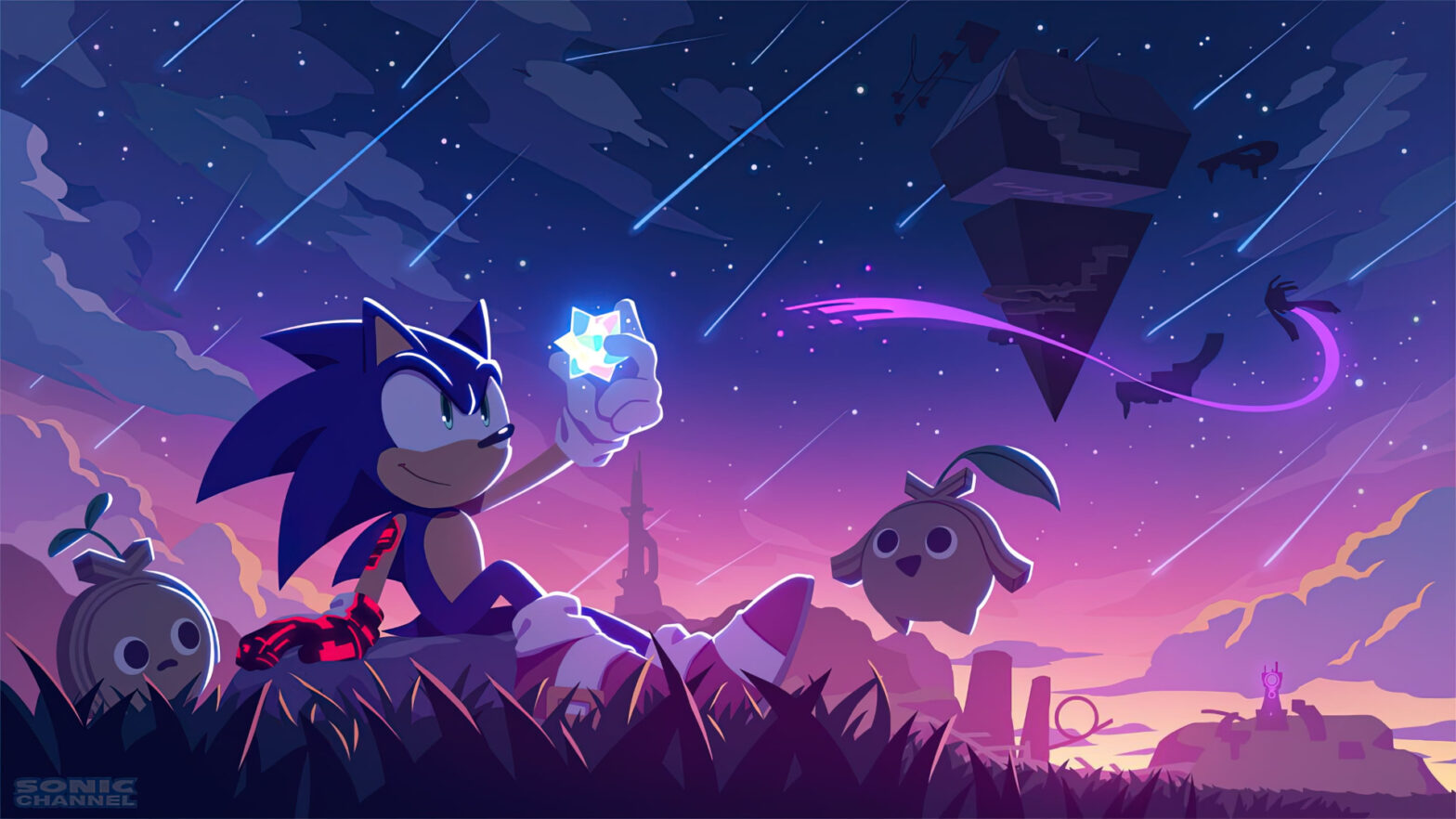

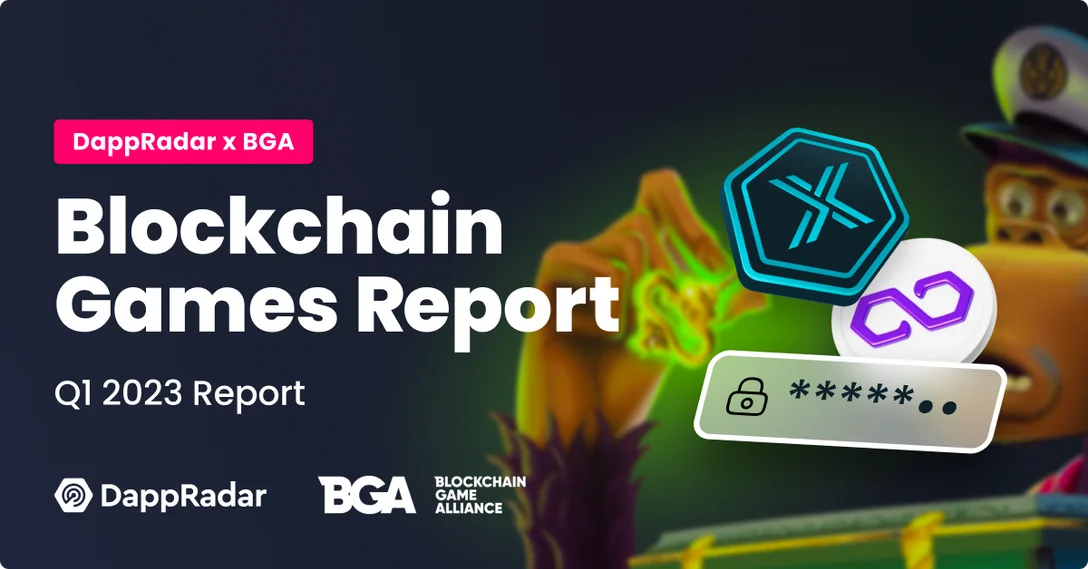

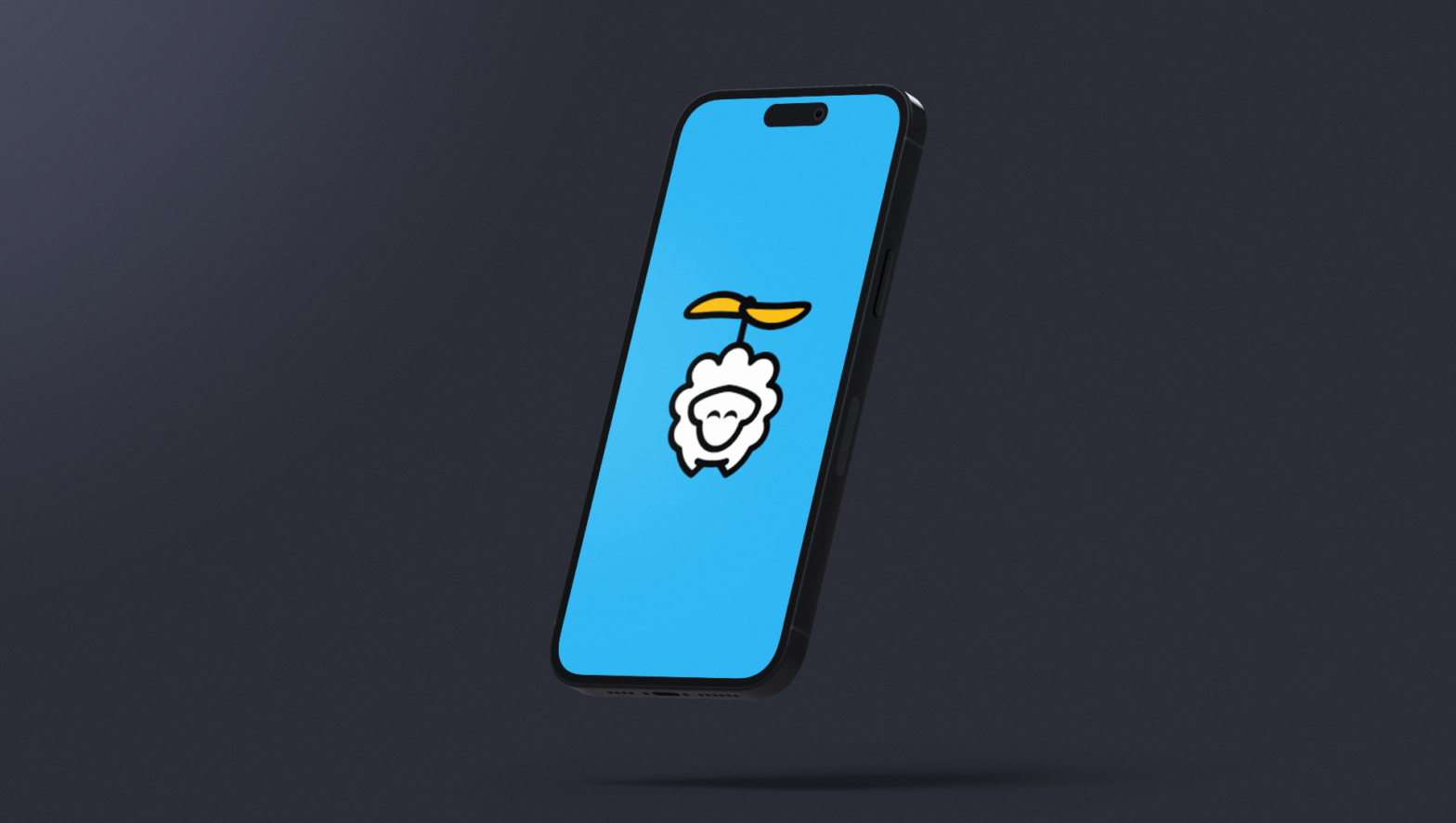
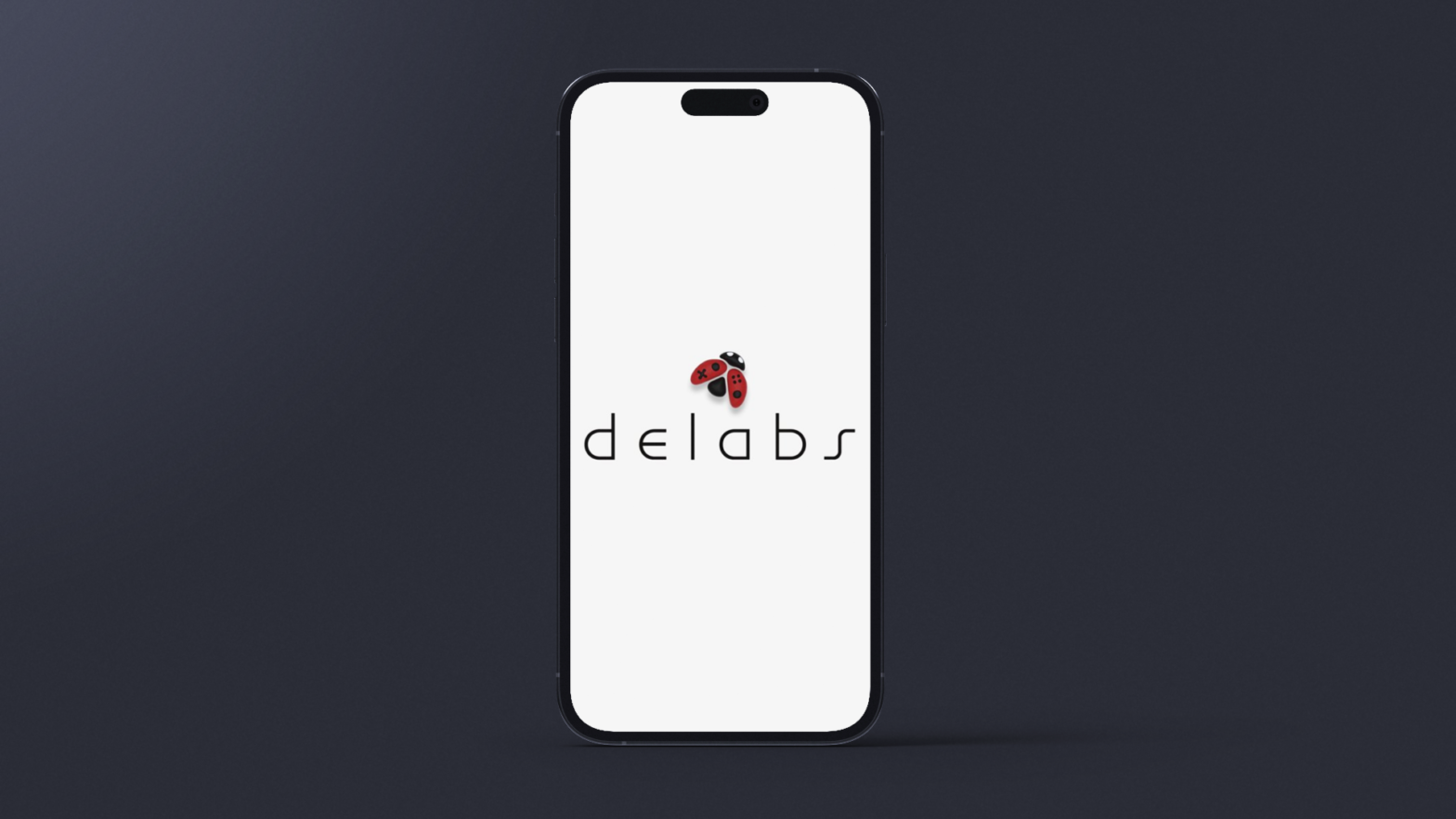
 1 minute
1 minute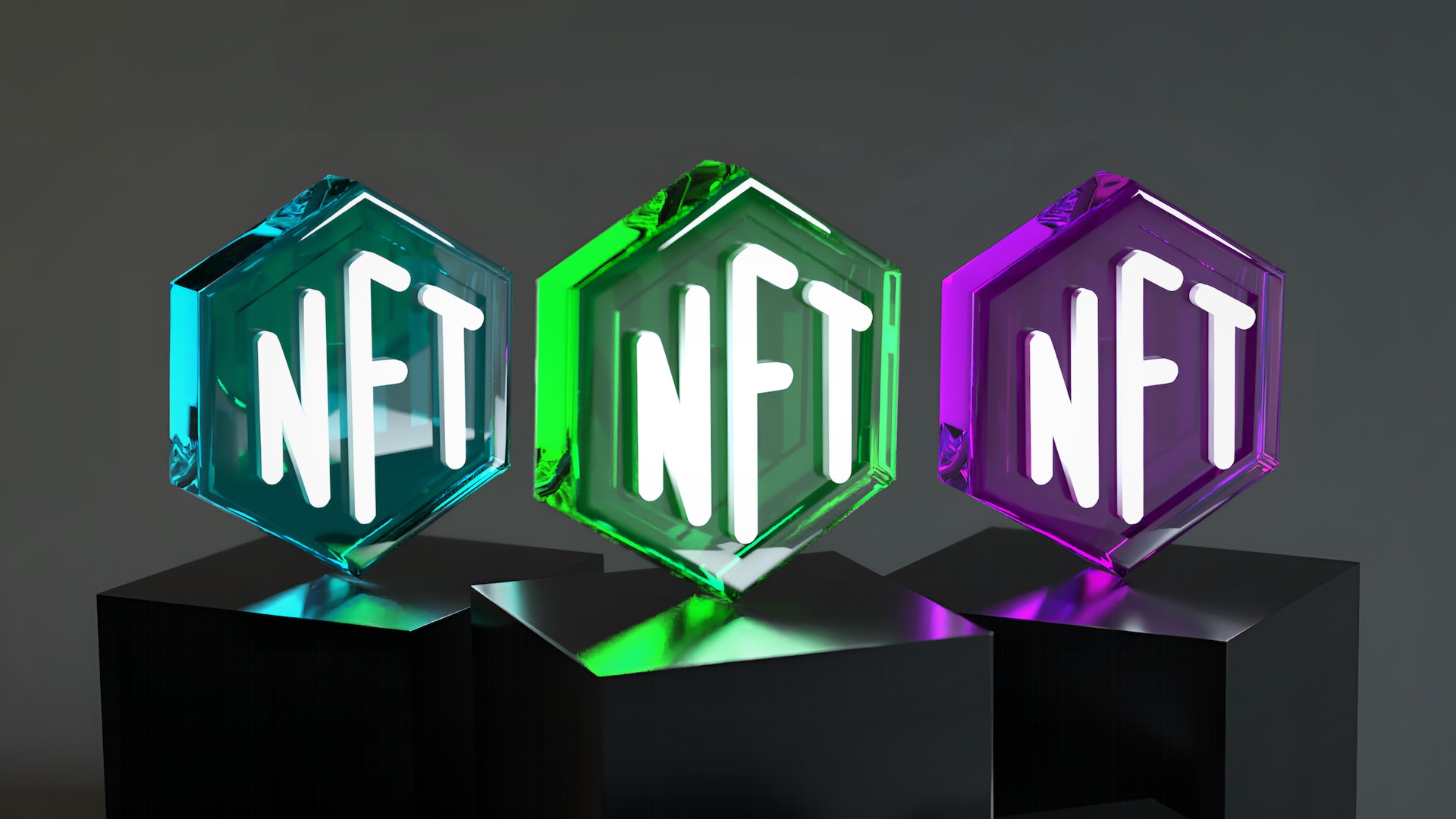







 2 minutes
2 minutes
